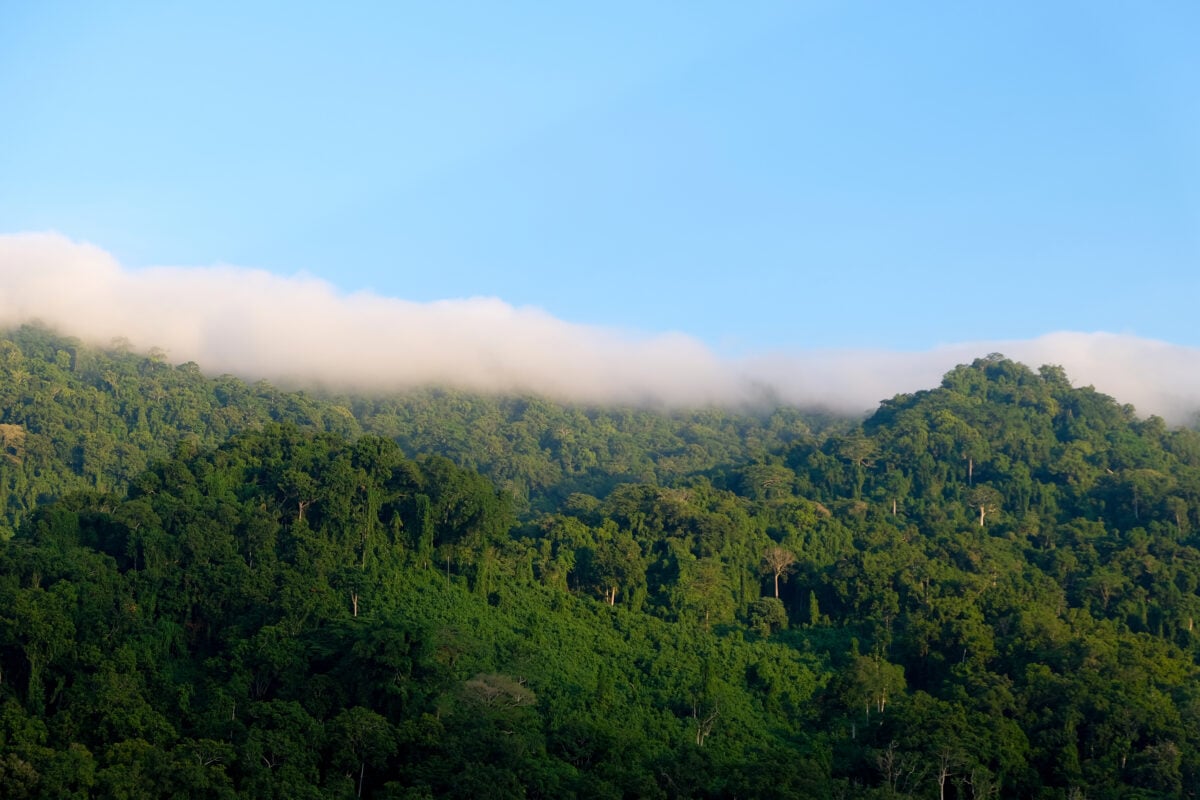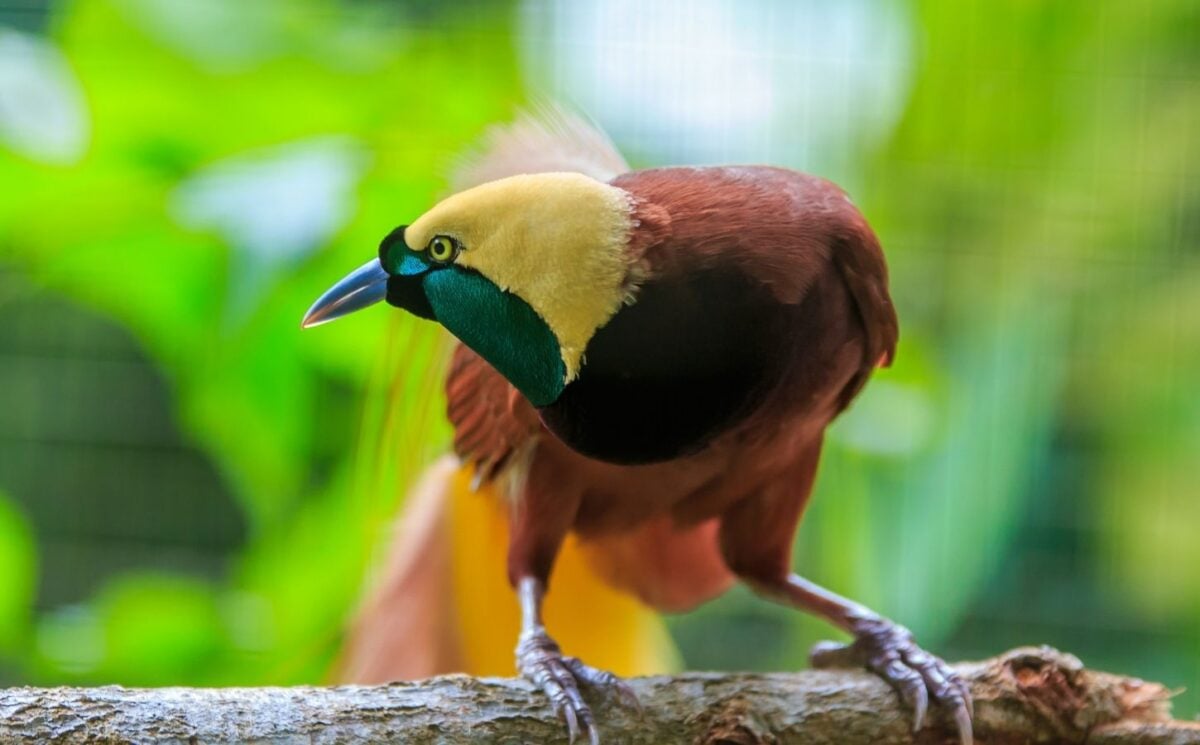A planned five million-acre sugarcane megaproject in Indonesia’s Papua province could threaten its uniquely biodiverse rainforest and the Indigenous Papuans who depend on it.
Read more: Protecting 1.2% Of Earth’s Land Could Save Rare And Threatened Species, Study Says
The Indonesian government plans to plant acres of sugarcane in Merauke, southern Papua, to develop a national sugar-based industry. If successful, the nascent industry would also produce bioethanol fuel and reduce Indonesia’s heavy reliance on sugar importation.
The archipelago nation was the number one importer of raw sugar in both 2022 and 2023, importing five million metric tons in the latter year alone. The government has set a target of sugar self-sufficiency by 2027, which requires rapid, significant expansion of production quotas.
The planned five million acre (two million hectare) industrial estate will include sugarcane plantations, mills, a bioethanol plant, and a biomass power plant, according to Investment Minister Bahlil Lahadalia, who denied plans to clear-cut any “natural” forest.
However, one of the first steps of the project includes the euphemistically described “rezoning” of more than one million acres (419,000 hectares) of forested area. That’s six times the size of Jakarta, Indonesia’s sprawling capital city, and includes around 63,392 acres (25,654 hectares) of legal deforestation in one of Indonesia’s most ecologically important regions.
Papua’s rainforests are among the most biodiverse in the world, and provide a home to as many as 20,000 plant species, 602 birds, 125 mammals, and 223 reptiles. The trees and their accompanying biodiversity support local people who rely on them for traditional foods and livelihoods, and play an additional global role by storing carbon and producing oxygen.
Read more: Brazil Court Fines Rancher $50 Million For Illegal Deforestation
Planned project damages the ‘environment, culture, and living space of Indigenous Peoples’

Five consortiums, including both Indonesian and foreign companies, have been confirmed as participants in the planned USD $7.9 billion development, drawing comparisons to the controversial Merauke Integrated Food and Energy Estate (MIFEE) project.
MIFEE ultimately involved the intensive development of a large forested region for the production of palm oil and other exportable commodities, despite being earmarked for much-needed rice and sugarcane. It also led to extensive deforestation of protected conservation areas and “land grabbing,” including the violent displacement and disenfranchisement of Indigenous Papuans.
“The government’s sugarcane policy is very detrimental to the community,” explained Primus Peuki, director of the Papuan chapter of The Indonesian Forum for the Environment, while speaking to the regional news outlet Jubi about the new megaproject.
“Why sugarcane? The Marind, Mandobo, and Awyu tribes do not eat sugarcane. [They eat] sago,” added Peuki. “They still live with nature, hunting, and fishing in the river. The government is creating [long-term] suffering in Marind land and benefiting others without seeing the damage to the environment, culture, and living space of Indigenous Peoples.”
Read more: Cattle Australia Claims Clearing Forests Grown After 1990 Shouldn’t Be Considered Deforestation






